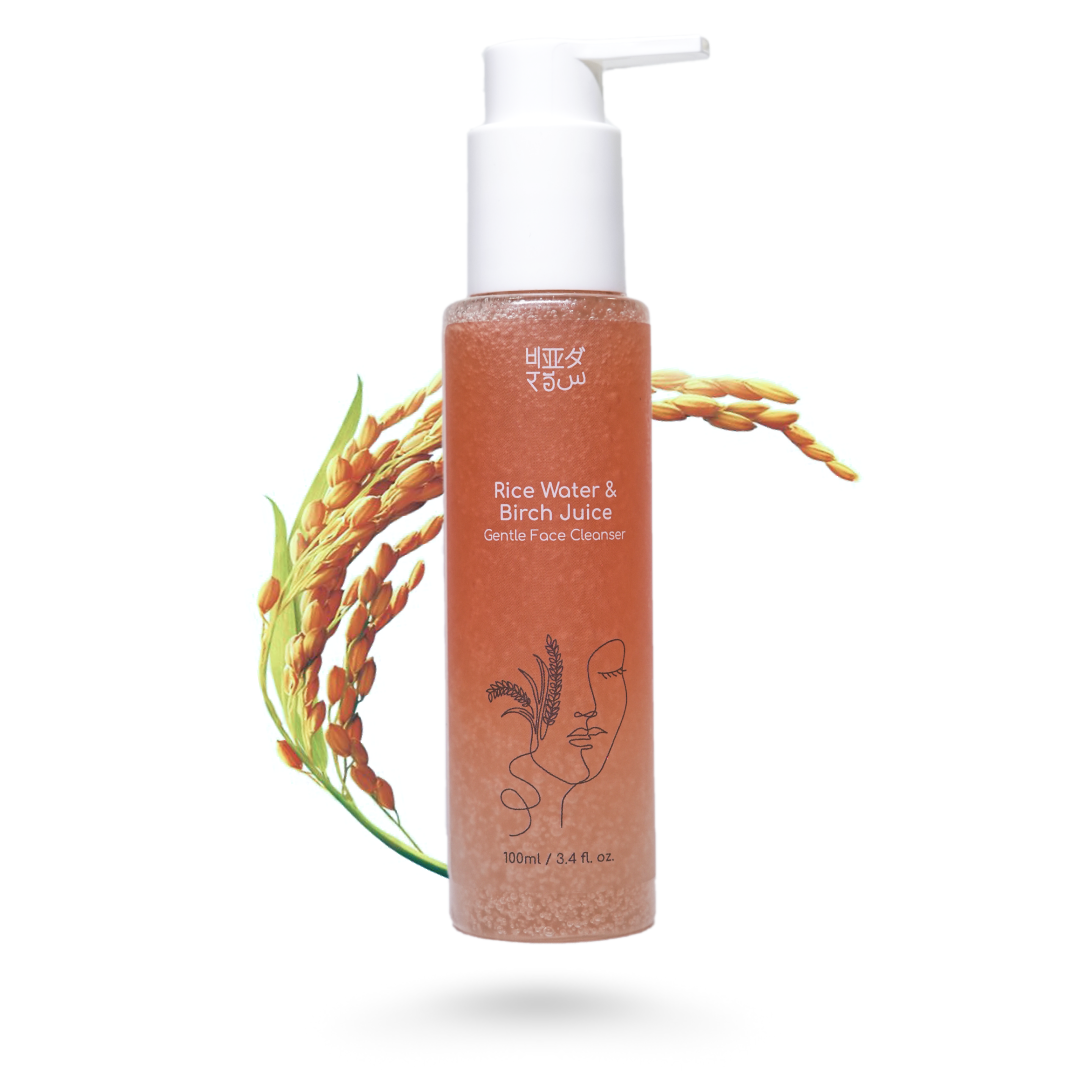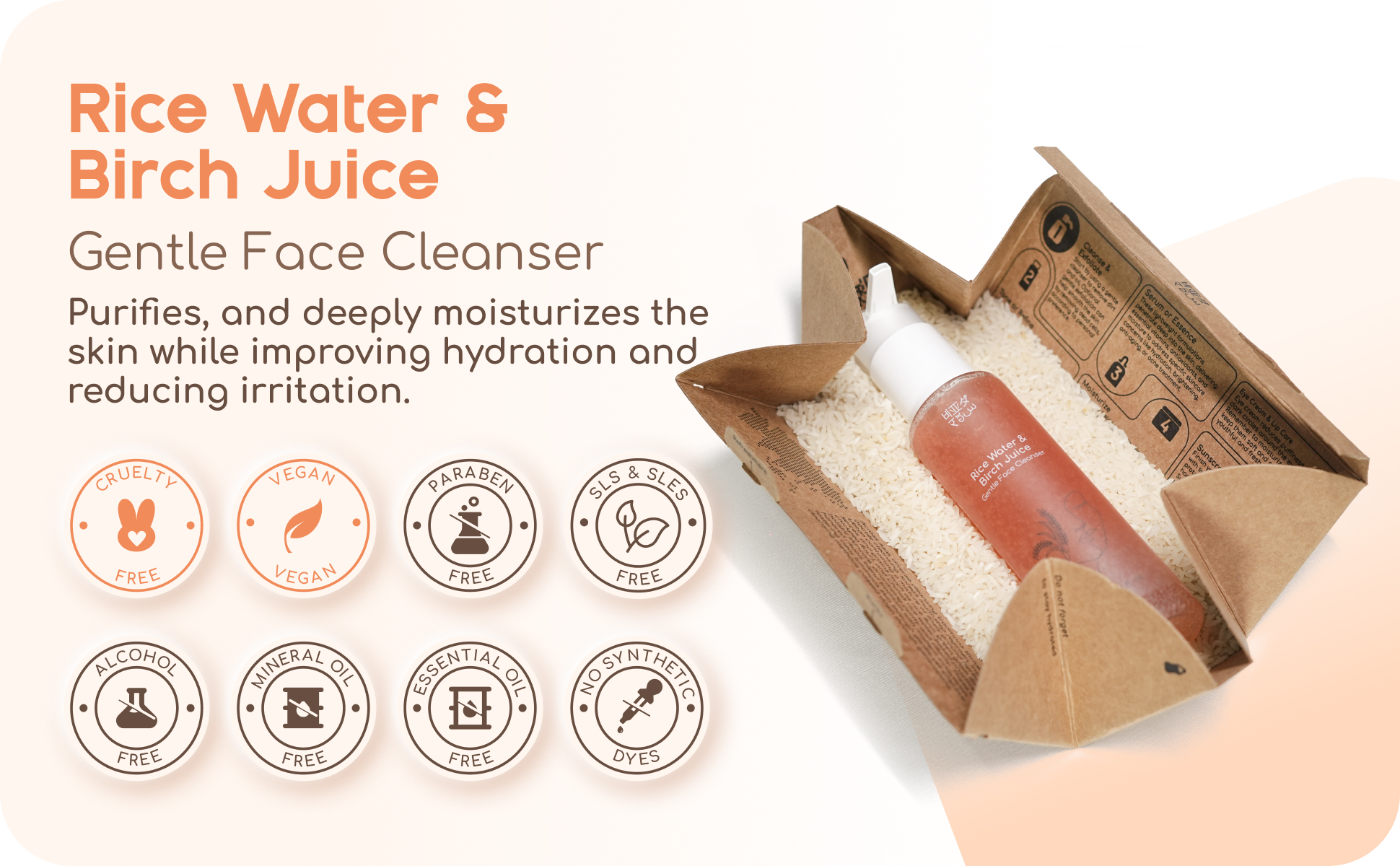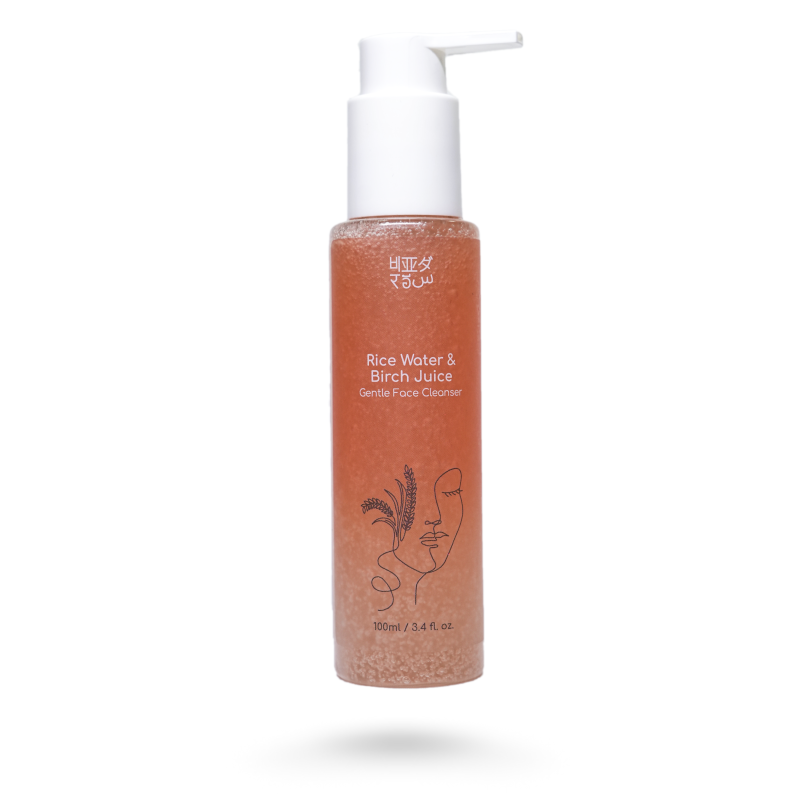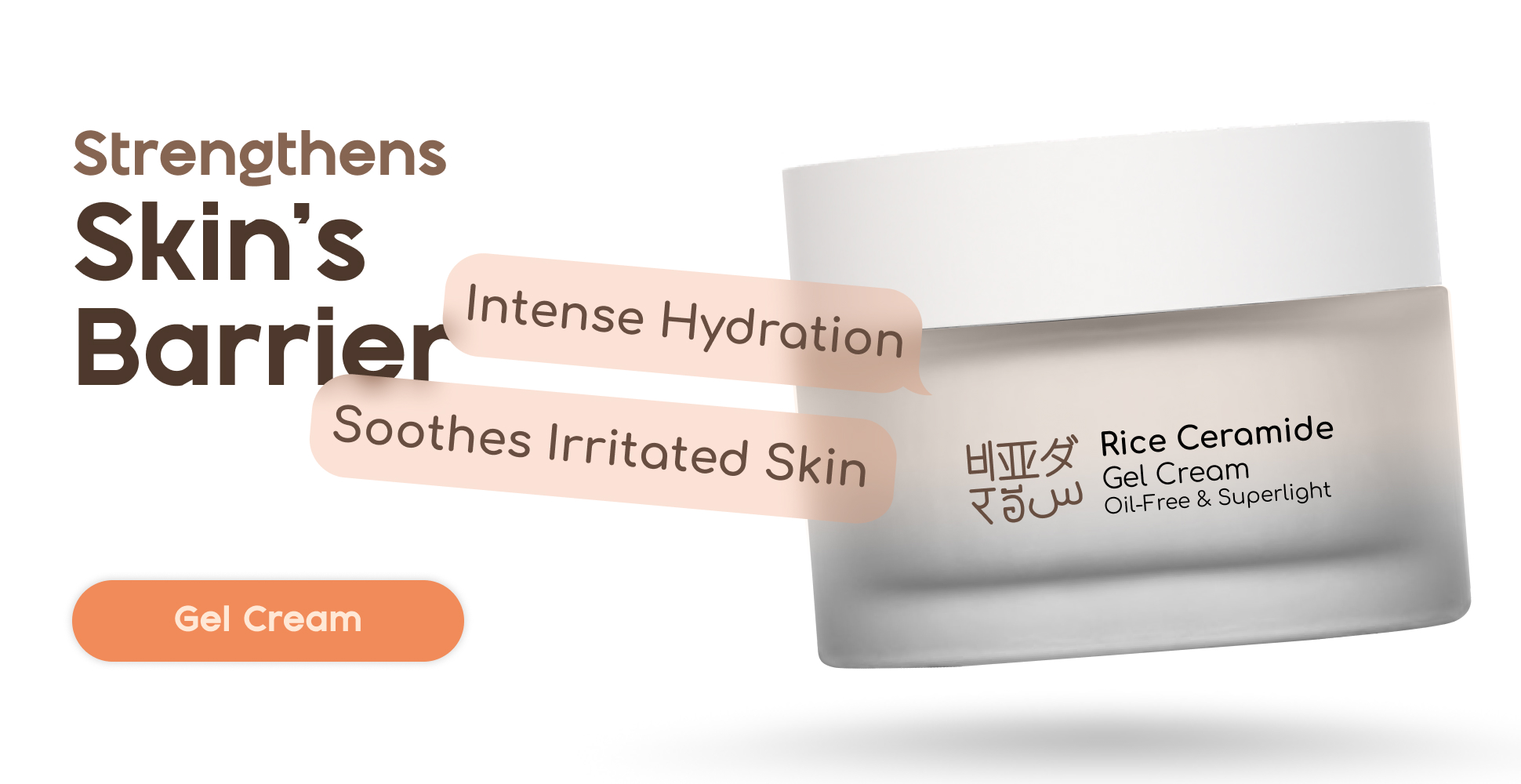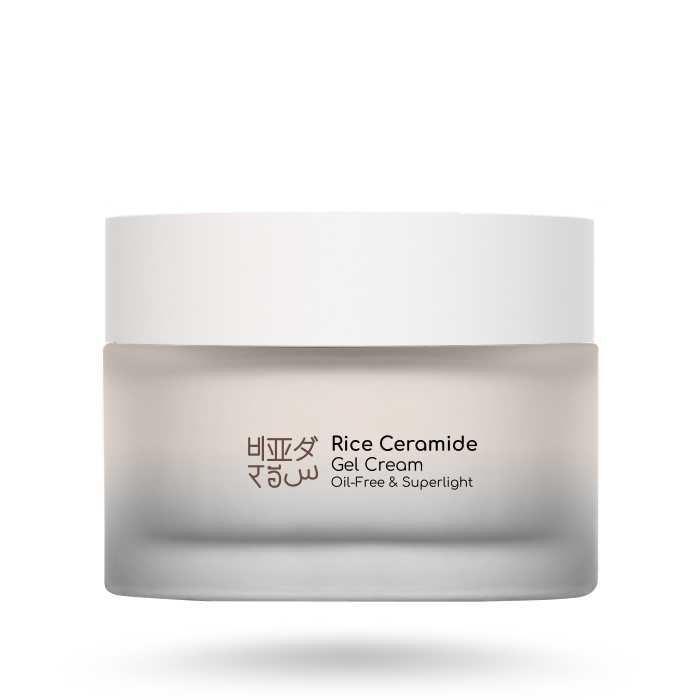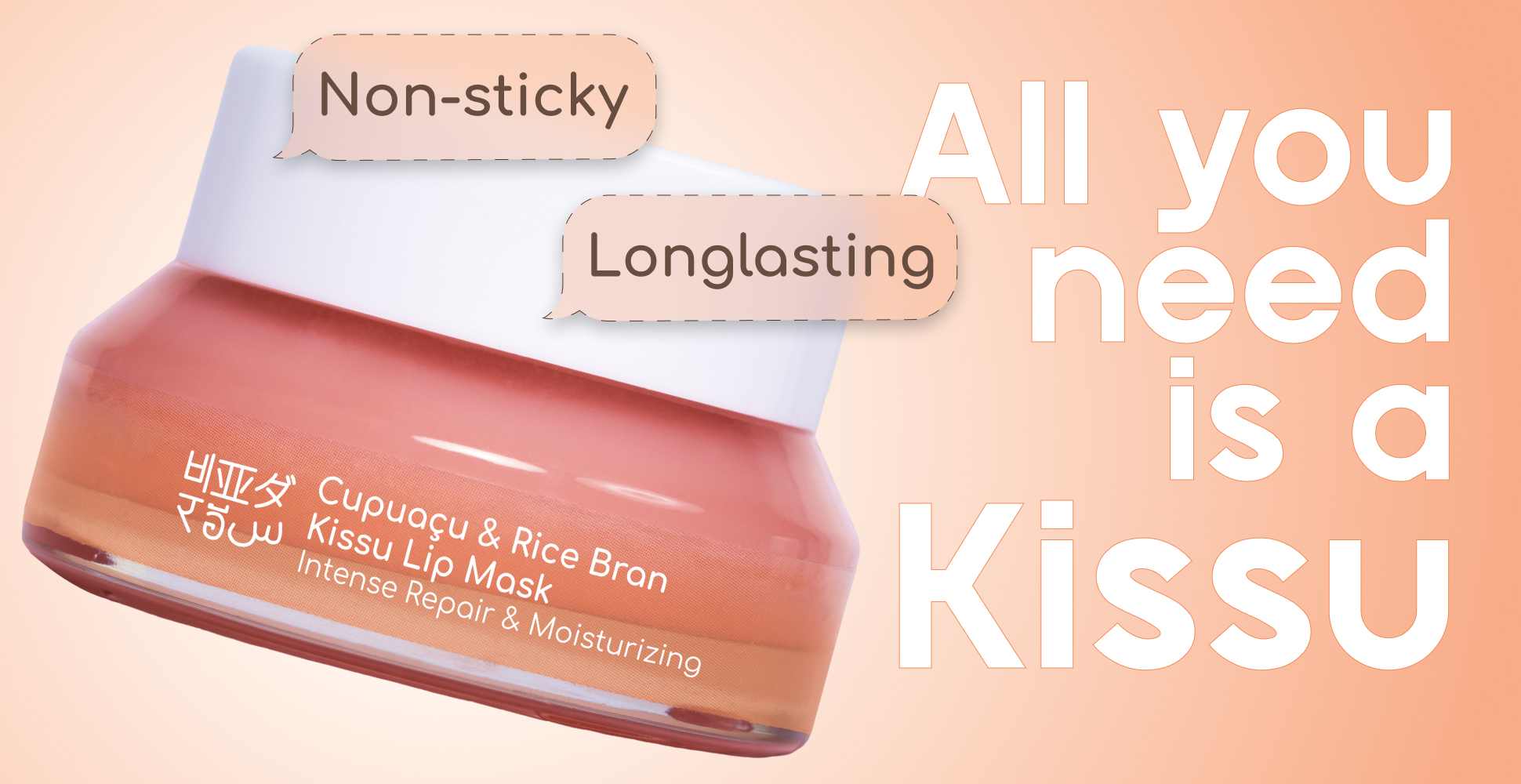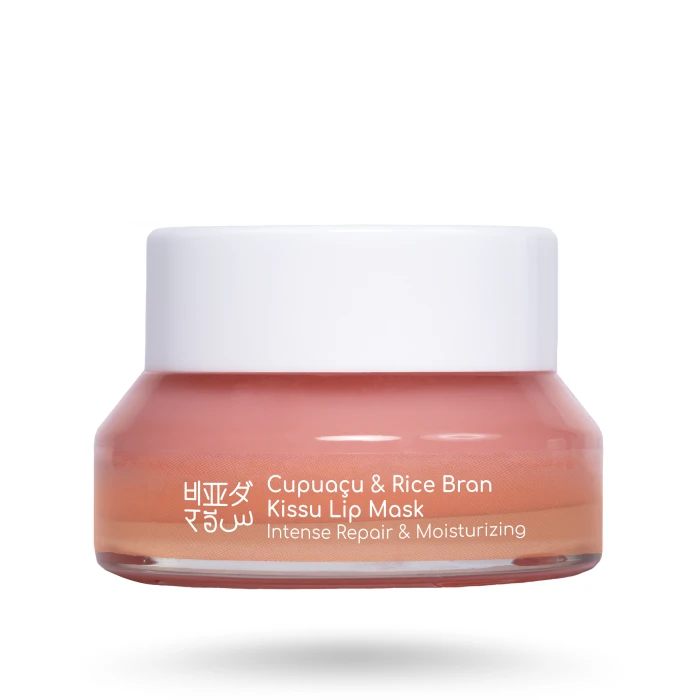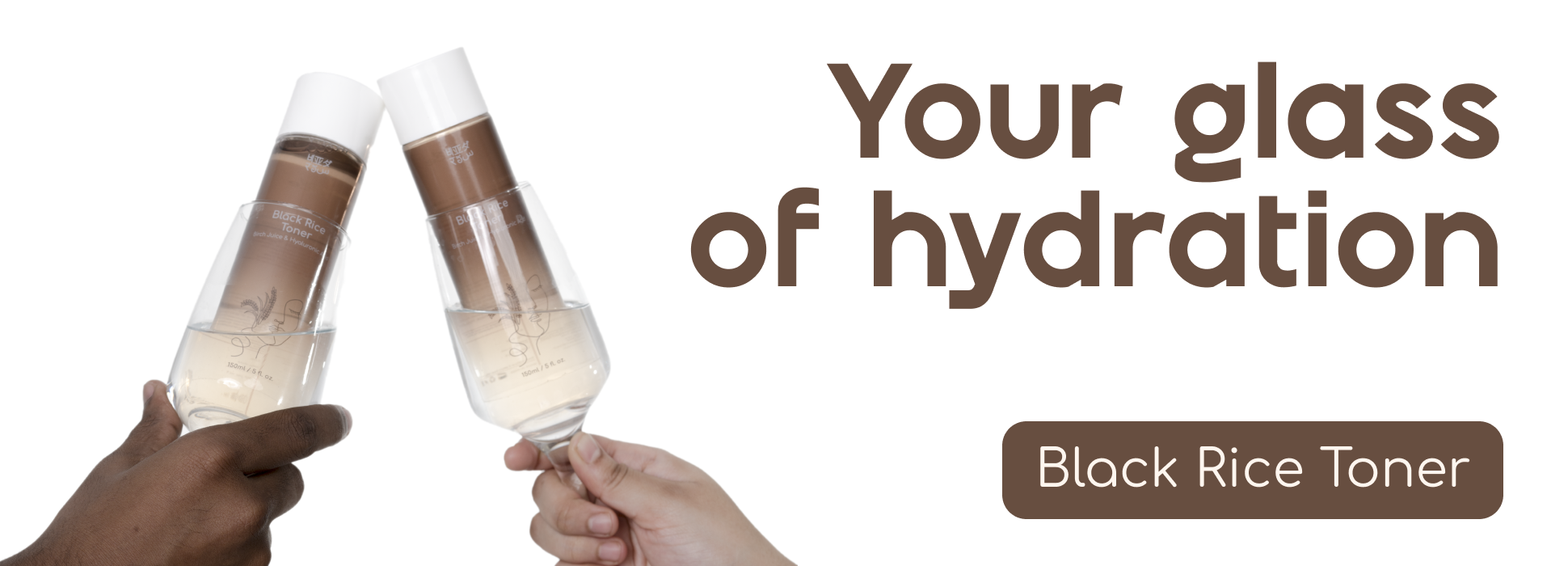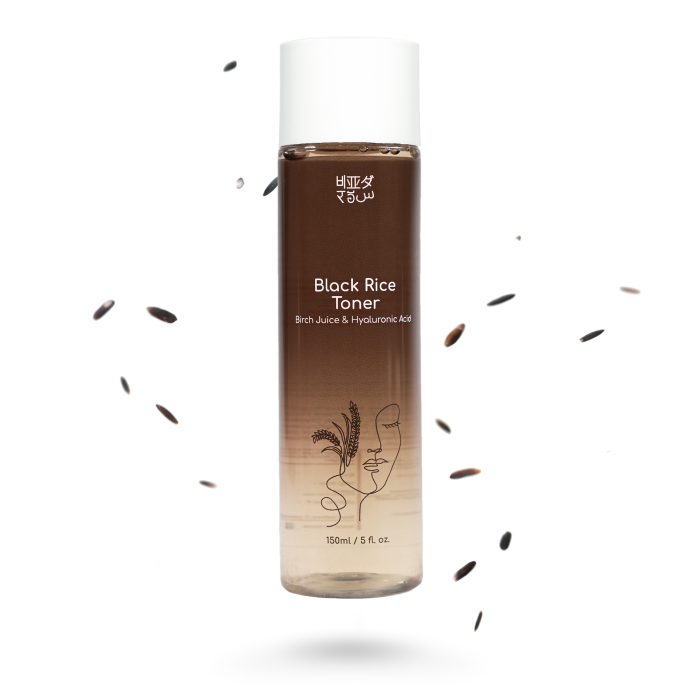Our Hero Products
Kissu Lip Mask – Capuacu butter, Jojoba oil & Rice Bran
The Rice Water Serum And Different Face Acids
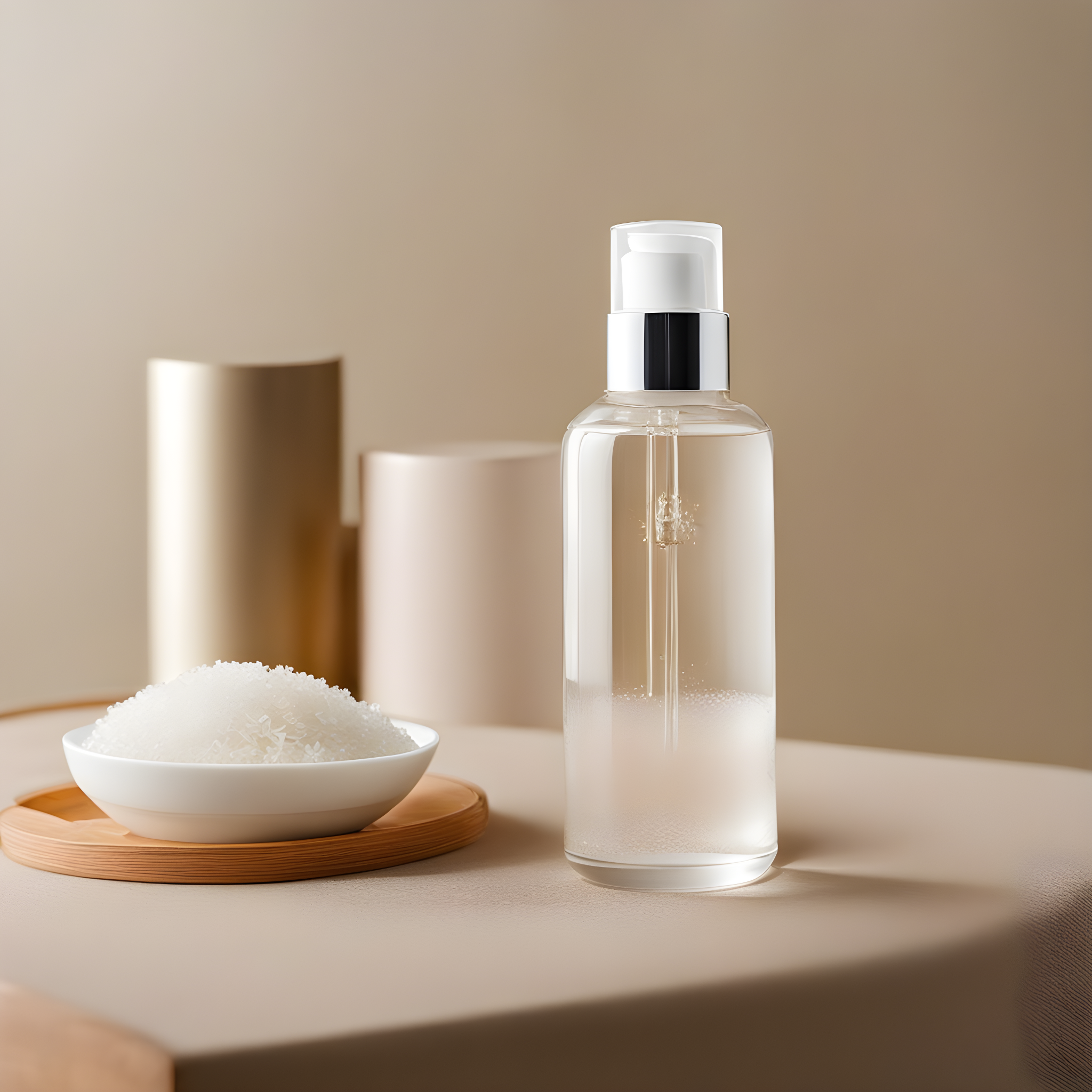
Many of us have already embraced the benefits of rice water serum for our skin. It works like a potent remedy to make your skin look glowing after being dull. But what if I told you that you could take it up a notch? Yes, you heard it right! In this post, we’ll explore the world of rice water serum and examine how combining it with other serums can completely alter your skincare routine.
What is a Rice Water Serum?
Rice water serum, derived from fermented rice water, is a secret of beauty that has been loved for centuries. It’s a simple yet effective mixture that does wonders for your skin and pores. Its rich supply of vitamins, minerals, and amino acids moisturizes and nourishes your skin, making it feel healthy and vibrant.
Rice water serum is incredibly gentle and nourishing. It suits all skin types, from sensitive to oily. Whether you’re dealing with dryness, or dullness, or just looking to maintain your skin’s glow, rice water serum is the universally applicable solution.
How to make rice water serum? well, making rice water serum is easy! All you need to do is take some uncooked rice, rinse it thoroughly, and then soak it in water for about 30 minutes. Strain out the rice, and you’ve got a bottle of rice water serum ready to go.
What are Face Acids?
Face acids are skincare ingredients that are used to exfoliate the skin surface, promote cell turnover, and deal with various skin concerns. These are classified based on their pH level, which determines their strength and how they interact with your skin. Acids with lower pH levels are more potent, while those with higher pH levels are gentler. Face acids improve texture, minimize fine wrinkles, and even out skin tone by eliminating dead skin cells to reveal the younger, healthier skin beneath. click here to know more.
Different Face Acids
Hyaluronic Acid
Hyaluronic acid, or HA for short, is a naturally occurring substance found in your body. It’s famous for its ability to hold water and keep your skin hydrated. HA is like a moisture magnet for your skin. When applied topically, it helps your skin retain moisture, resulting in a plump, dewy complexion.
Benefits – Intense hydration, Smoother, more supple skin, Reduced appearance of fine lines and wrinkles
Niacinamide
Niacinamide, also known as vitamin B3, is a water-soluble vitamin found in various foods. It’s a versatile ingredient that offers a wide range of benefits for your skin. Niacinamide is known for its soothing properties. It can help calm irritated skin and address various skin concerns.
Benefits – Reduces redness and inflammation, Minimizes the appearance of pores, and Improves uneven skin tone.
Salicylic Acid
Salicylic acid is derived from willow bark and is part of the beta-hydroxy acid (BHA) family. It’s oil-soluble, which makes it effective for penetrating pores. Salicylic acid is excellent for those with oily or acne-prone skin. It penetrates the pores to unclog them and prevent breakouts.
Benefits – Clears acne and blackheads, Reduces excess oil, and Exfoliates dead skin cells.
Glycolic Acid
Glycolic acid comes from sugarcane and belongs to the alpha hydroxy acid (AHA) family. It’s known for its small molecular size, which allows it to penetrate the skin effectively. Glycolic acid is a potent exfoliant that helps improve skin texture, reduce signs of aging, and promote a brighter complexion.
Benefits – Exfoliates dead skin cells, Reduces the appearance of fine lines and wrinkles, and Evens out skin tone.
Mandelic Acid
Derived from bitter almonds, mandelic acid is another member of the AHA family. It has a larger molecular size, making it gentler on the skin. Mandelic acid is ideal for those with sensitive skin. It provides exfoliation without excessive irritation.
Benefits – Gentle exfoliation, Helps with acne and hyperpigmentation, Reduces the appearance of fine lines
Azelaic Acid
Azelaic acid, known for its ability to brighten and even out skin tone, is naturally found in grains like wheat, barley, and rye. It is a fantastic option for those with melasma, hyperpigmentation, or uneven skin tone and it can also help with acne.
Benefits – Reduces redness and inflammation, Evens out skin tone, Fades dark spots and discoloration.
Kojic Acid
Kojic acid is derived from certain fungi and is often used in skincare products to target dark spots and hyperpigmentation. It is a potent skin-lightening agent that can help fade dark spots, age spots, and melasma.
Benefits – Diminishes dark spots and hyperpigmentation, Promotes a more even skin tone, Reduces the appearance of blemishes
click here to learn more about rice water for different skin types!
Pros and Cons of Combining Different Acids with Rice Water for Skin
Pro’s
- Enhanced Exfoliation –You may increase the exfoliating power of your skincare routine by mixing various acids with rice water. These acids work together to slough off dead skin cells, leaving your complexion smoother and brighter.
- Targeted Skincare – Mixing acids allows you to create a customized skincare solution tailored to your specific needs. You can address multiple concerns simultaneously, such as brightening, hydrating, and reducing acne.
- Improved Absorption – Rice water can enhance the absorption of acids into your skin. This means that when you apply your customized potion, your skin is more receptive to the active ingredients, maximizing their effectiveness.
- Flexibility – Different acids offer different benefits. By mixing them with rice water, you can experiment and find the perfect combination for your unique skin type and concerns.
- Cost Efficiency – Creating your own skincare potions can be more cost-effective in the long run. You can purchase individual acid serums and blend them with rice water as needed, reducing waste.
Con’s
- Potential for Irritation – If you have sensitive skin or combine many acids, the risk of irritation may increase. Over-exfoliating can lead to redness, dryness, and even chemical burns.
- Complexity – Creating the right acid blend can be complex and time-consuming. You’ll need to research each acid’s pH level and compatibility to ensure they work well together.
- Risk of Over-Exfoliation – Overusing acid blends can result in excessive exfoliation, which weakens your skin’s protective layer and leaves it more vulnerable to injury and environmental irritants.
Tips for Safely Mixing Acids with Rice Water
- Before applying any new acid blend to your face, conduct a patch test on a small, inconspicuous area of your skin. And check for sensitivity or allergic reactions.
- If you’re new to mixing acids, start with a low concentration and gradually increase it over time. This allows your skin to acclimate and reduces the risk of irritation.
- Pay close attention to how your skin responds to the acid blend. If you experience excessive dryness, redness, or irritation, discontinue use and consult a professional.
- If you’re unsure about which acids to combine or how to create an effective blend, consider consulting a dermatologist or skincare professional for guidance.
The results of combining rice water serum with other serums can be nothing less than incredible. Rice water serum is a skincare star. There is a serum mixture for everyone, whether they wish to increase moisture, brighten their skin, or fight the indications of age. Start experimenting with your own customized serum blends and watch your skin transform. Your skin will thank you for it.



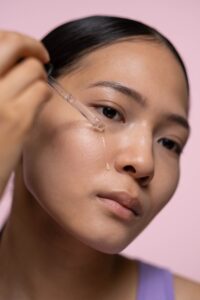
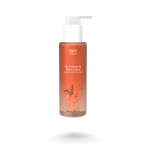 Gentle Face Cleanser - Rice Water & Birch Juice
Gentle Face Cleanser - Rice Water & Birch Juice
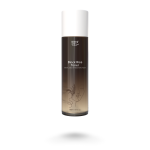 Black Rice Toner - Hyaluronic Acid
Black Rice Toner - Hyaluronic Acid
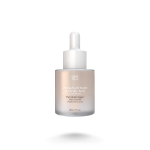 Face Glow Serum - Alpha Arbutin & Ferulic Acid
Face Glow Serum - Alpha Arbutin & Ferulic Acid
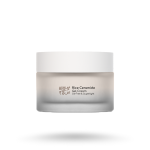 Rice Ceramide Gel Cream
Rice Ceramide Gel Cream
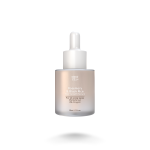 Hair Growth Serum - Redensyl, Anagain & Rosemary
Hair Growth Serum - Redensyl, Anagain & Rosemary
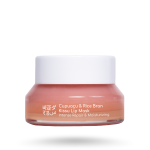 Kissu Lip Mask - Cupuacu & Rice Bran
Kissu Lip Mask - Cupuacu & Rice Bran
